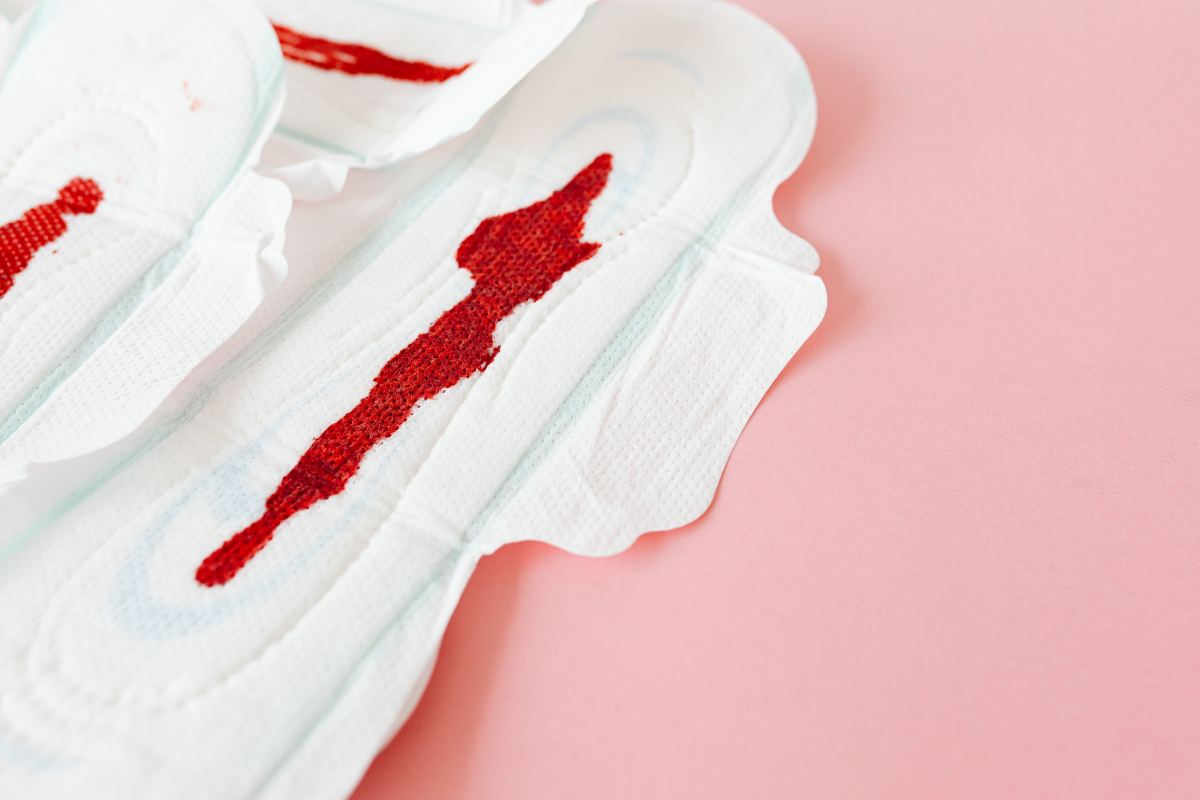First Study Conducted Using Human Blood to Test Period Products Absorbency

LUX WMN
It’s safe to say that we’re a little over familiar with period blood at this point but the stigma surrounding menstruation continues which has an effect on the lack of research into period products as a whole.
When being advertised, feminine hygiene products have always used either blue water or saline to represent blood, demonstrating the absorption levels of the product. Shockingly, water and saline solution isn’t able to replicate the accurate rate of absorption for human blood, which is why millions of women have experienced the dreaded leak through in their period protection!
Published in early 2023, a study in the BMJ Sexual & Reproductive Health was conducted to test period products with human blood to further understand their absorption rates. This study is the first of its kind and revealed the discrepancies between the reported and real absorbency rates of the period products tested. In the study, the plasma & platelets from the whole blood were removed and used packed red blood cells to measure the absorption rates of period products such as tampons, pads, menstrual products and period pants.
Praising the recent study, Dr Paul D Blumenthal, professor of obstetrics and gynaecology at Stanford University, said that the study “modernises our understanding of menstrual product capacity” and “it provides practical, clinically relevant information to help patients match a product with their own menstrual protection needs.”
Despite the positive response to the study, the stigma surrounding menstruation in scientific research further shows the disparities and inequalities surrounding women’s health versus our male counterparts. Dr Blumenthal went on to say that, “in the last several decades there has been only 400 publications related to the search of “menstrual blood”, compared to approximately 10000 publications related to erectile dysfunction.”
Whilst women’s bodies are vastly under researched, studies like this offer invaluable knowledge for future generations to know more about their bodies and how to best take care of themselves during their menstrual cycles.


